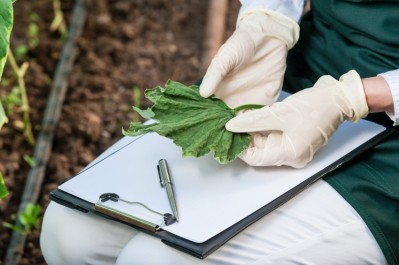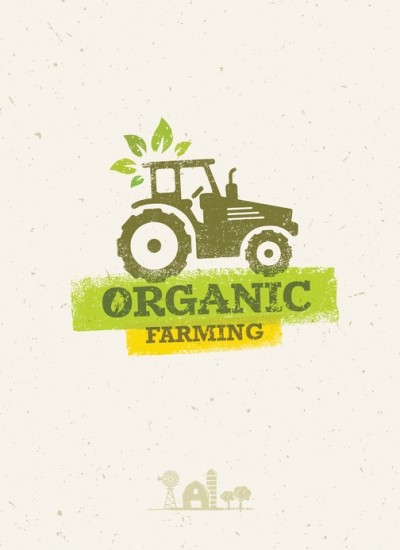Deal reached in long-drawn-out talks on EU organic rules

The new rules, though, are not expected to come into force until July 2020.
Moreover, the regulation will have to be formally endorsed by the EU Parliament's Agriculture and Rural Development Committee and the Council of Agriculture Ministers.
EU Agriculture commissioner, Phil Hogan, said he believes the new legislative framework will match the dynamism and expectations of the fast-growing organic sector, and will support its development and its capacity to innovate.
“After more than three years of negotiation, the agreement will remove obstacles to the sustainable development of organic production in the EU, thus guaranteeing fair competition for farmers and operators, while also improving controls and consumer confidence.”
'Process was rushed'
Christopher Stopes, IFOAM EU president, acknowledged the huge effort made by those three bodies to improve the text.
“In the last 15 days, progress was made, but we regret that the process was rushed [in order] to be finalized and discussions on important political points were postponed.”
He said if stakeholders had been more heavily involved in the initial phase of the review, the process could have been smoother and the text would have better been suited to the needs of organic consumers and the organic movement.
Sabine Eigenschink, IFOAM EU Board vice president for regulation and certification stressed the main concerns of the organic movement had been repeatedly communicated to the institutions involved in the trilateral negotiations.
“We will now evaluate the technical consistency of the text, the way it can be implemented, and the impact it will have on organic operators and the control procedures in the EU and in third countries.
“Up to two days ago, the text was bringing little added value compared to the current legislation,” she added.
IFOAM EU, in a note published two weeks ago, said that many of the amendments presented as improvements on the existing legislation including group certification, protein feed, compliance in import and others could be easily applied to the current rules through implementing regulations. It stressed, then, that “no deal would be better than a bad deal.”








